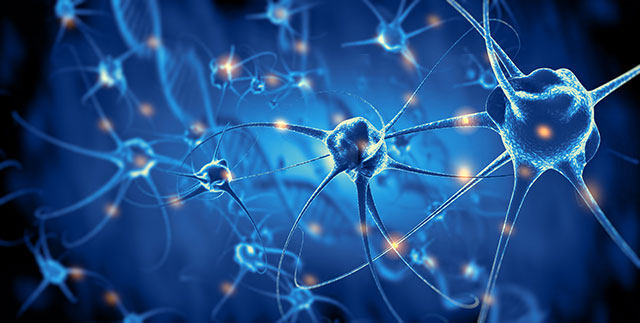Like night and day: Experts claim that morning and evening exercise can differ in calorie burning
01/04/2020 / By Darnel Fernandez

When it comes to staying active and keeping fit, some people might find it easier to do a morning workout rather than an evening exercise because of how it aligns with their work schedule. Some, on the other hand, would rather enjoy a quick trip to the gym after work and wash-up before heading home to go to bed. The important thing here is sticking to a proper routine and finding what time of day works the best for you. Many people don’t really think about the differences between a morning workout and a nighttime exercise. However, recent research suggests that the effects of exercise could differ depending on the time of day it is performed.
A study published in the journal Cell Metabolism found that both the time of day and circadian rhythms could influence how aerobic exercise affects metabolism. The study suggests that morning exercise increases the ability of the muscle cells to metabolize sugar and fat, while exercising in the evening will allow an overall boost to metabolism for a longer duration of time.
“There appear to be rather significant differences between the effect of exercise performed in the morning and evening, and these differences are probably controlled by the body’s circadian clock. Morning exercise initiates gene programs in the muscle cells, making them more effective and better capable of metabolizing sugar and fat. Evening exercise, on the other hand, increases whole-body energy expenditure for an extended period of time”, said co-author Jonas T. Treebak, in a statement.
When should you exercise?
Researchers from the University of Copenhagen — in collaboration with the University of California, Irvine — aimed to understand the impact of exercise performed at different times of the day. To test this, the researchers had a group of rodents exercise at the start and at the end of the day. Afterward, they examined the effects of the rodents’ exercise sessions on their muscle cells. (Related: Fitness and your circadian rhythm: Is a late-night jog better than an early morning walk?)
Using a state-of-the-art transcriptomic and metabolomic approach, the researchers managed to identify direct responses of metabolic oscillations corresponding to both morning and evening exercises as related to circadian rhythms. Their most notable discovery is a protein called hypoxia-inducible factor 1-alpha (HIF1-alfa), which plays a role in how cells in mammals respond to oxygen levels. The researchers noted that this protein is selectively activated upon exercise, depending on the time of day. This results in carbohydrate exhaustion, usage of alternative energy sources, and even adaptation of systemic energy expenditure.
From these results, the researchers found that — as previously mentioned — exercising early in the morning could help increase the muscle cells’ ability to metabolize sugars and fat. This type of effect could intrigue researchers aiming to help people with severe obesity and type-2 diabetes.
On the other hand, an evening exercise session could increase energy expenditure in the hours after a good workout. This means that the researchers cannot confidently conclude that exercise is generally better in the morning than in the evening.
“On this basis we cannot say for certain which is best, exercise in the morning or exercise in the evening. At this point, we can only conclude that the effects of the two appear to differ, and we certainly have to do more work to determine the potential mechanisms for the beneficial effects of exercise training performed at these two time-points. We are eager to extend these studies to humans to identify if timed exercise can be used as a treatment strategy for people with metabolic diseases,” Treebak explains.
No matter what time of day you decide to get into a workout, exercise can provide plenty of health benefits if done on a regular basis. Learn more about the benefits of working out at Naturopathy.news.
Sources include:
Submit a correction >>
Tagged Under:
calorie burning, calories, circadian clock, circadian rhythm, energy expenditure, exercise, fitness, HIF1-alfa, metabolic health, metabolism, muscle cells, Naturopathy, research
This article may contain statements that reflect the opinion of the author
RECENT NEWS & ARTICLES
COPYRIGHT © 2017 WOMENS FITNESS FOCUS




















